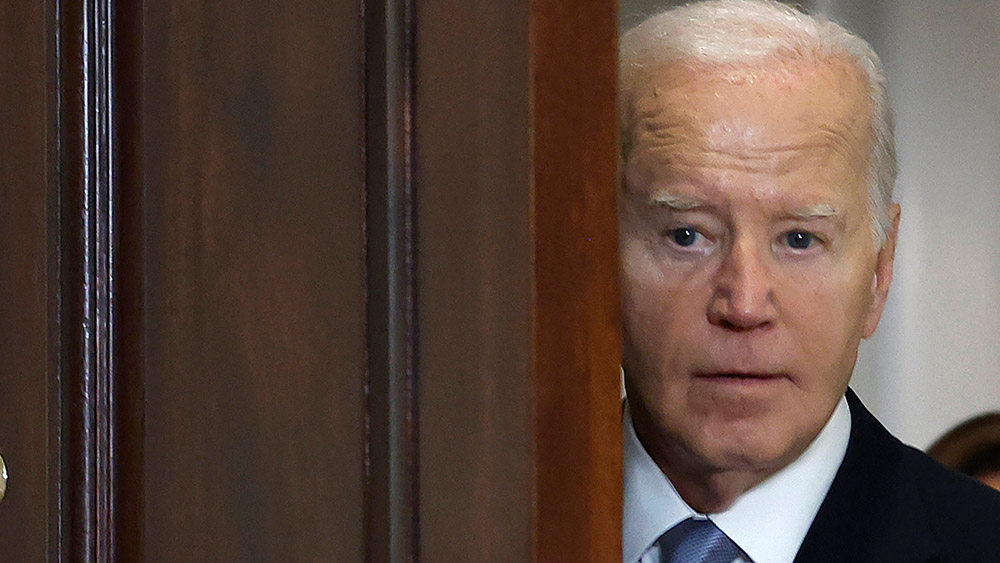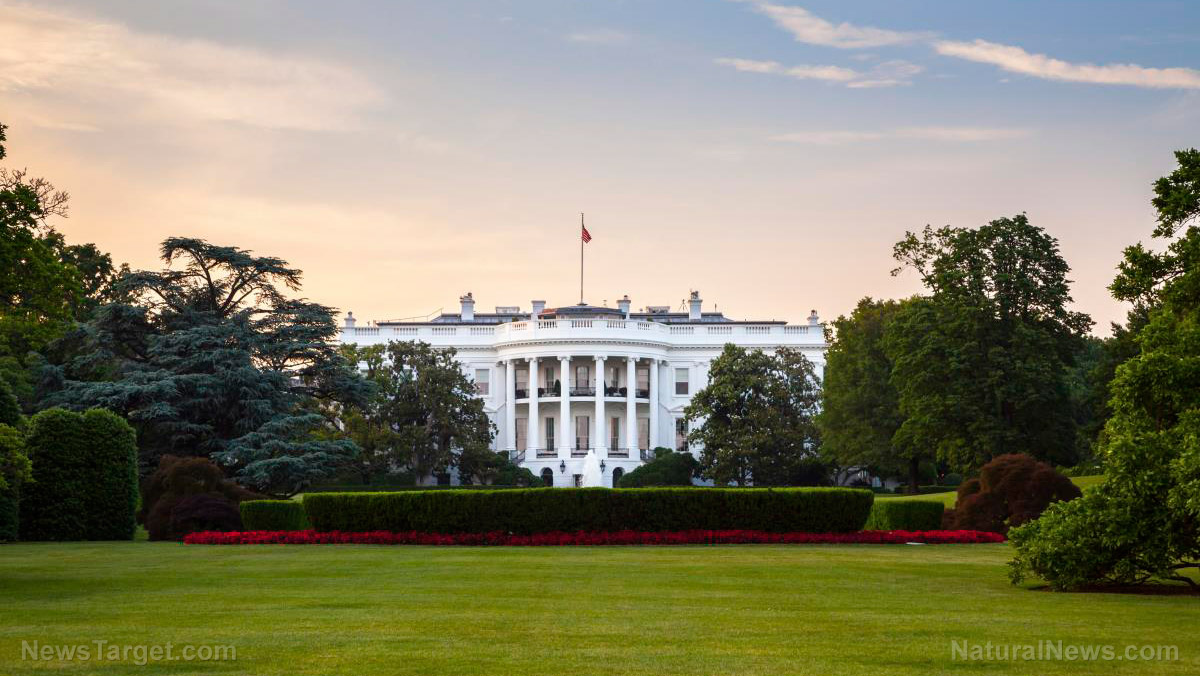 Parler
Parler Gab
Gab
- Texas Gov. Greg Abbott signed the App Store Accountability Act on May 27, requiring tech companies like Apple and Google to verify users' ages and obtain parental consent for minors before allowing app downloads. The law takes effect in January 2026.
- The legislation responds to alarming mental health trends among American youth, with over half of teens reporting serious psychological struggles linked to excessive screen time and social media use.
- The law mandates age verification (using IDs or facial scans), parental account linkage for minors, accurate age-based app ratings and strict data privacy protections, including deletion of verification data and enhanced security.
- Apple and Google argue the law risks user privacy and could violate free speech by requiring all users, not just minors, to submit sensitive data. They advocate for less invasive, shared responsibility solutions.
- Apple plans to introduce an "age assurance" feature to share age ranges with developers without collecting sensitive documents. Both companies support legislation, but stress it must target social media harms while preserving user rights.
Tech giants push back on Texas age verification law, citing privacy and free speech concerns
Major tech companies, including Apple and Google, warned that the legislation could compromise user privacy and infringe on free speech. "We believe there are better proposals that help keep kids safe without requiring millions of people to turn over their personal information," an Apple spokesperson said. The company contends that the legislation would force all users, not just minors, to submit sensitive personal data, such as a government-issued ID or facial scans, even for innocuous downloads like weather or calendar apps. Parental control features would also require guardians to provide additional documentation to verify custody. Both Apple and Google have advocated for more balanced alternatives. One proposal involves shared responsibility between app stores and app developers for managing age verification, with age data shared only on a need-to-know basis. Apple, for example, says it is preparing to roll out a new "age assurance" feature that would allow parents to share their child's age range with developers directly. This approach, the company says, avoids the need for app stores to collect and retain highly sensitive personal data like passports or driver's licenses. "If enacted, app marketplaces will be required to collect and keep sensitive personal identifying information for every Texan who wants to download an app," the company stated. Google senior policy executive Kareem Ghanem echoed a similar stance. "We see a role for legislation here," he said. "It's just got to be done in the right way, and it's got to hold the feet of Mark Zuckerberg and the social media companies to the fire because it's the harms to kids and teens on those sites that's really inspired people to take a closer look here and see how we can all do better." Visit PrivacyWatch.news for more stories like this. Watch this video to learn how the digital ID will control your life.More related stories:
Digital ID system incoming: Nebraska now collecting citizens' digital health data.
Australia following Communist China's footsteps with digital ID system.
California expands digital ID initiatives with new pilots and partnerships.
Scotland's digital ID system sparks "Big Brother" fears amid privacy backlash.
One state's collection of health data sparks privacy and digital ID concerns.
Sources include: ReclaimtheNet.org TexasPolicy.com CNN.com Brighteon.comCongress demands answers from Biden’s doctor about alleged cognitive decline cover-up
By Cassie B. // Share
Elon Musk vs. Trump feud escalates over AI control and allegations of Epstein list ties
By Finn Heartley // Share
Governments continue to obscure COVID-19 vaccine data amid rising concerns over excess deaths
By patricklewis // Share
Tech giant Microsoft backs EXTINCTION with its support of carbon capture programs
By ramontomeydw // Share
Germany to resume arms exports to Israel despite repeated ceasefire violations
By isabelle // Share










